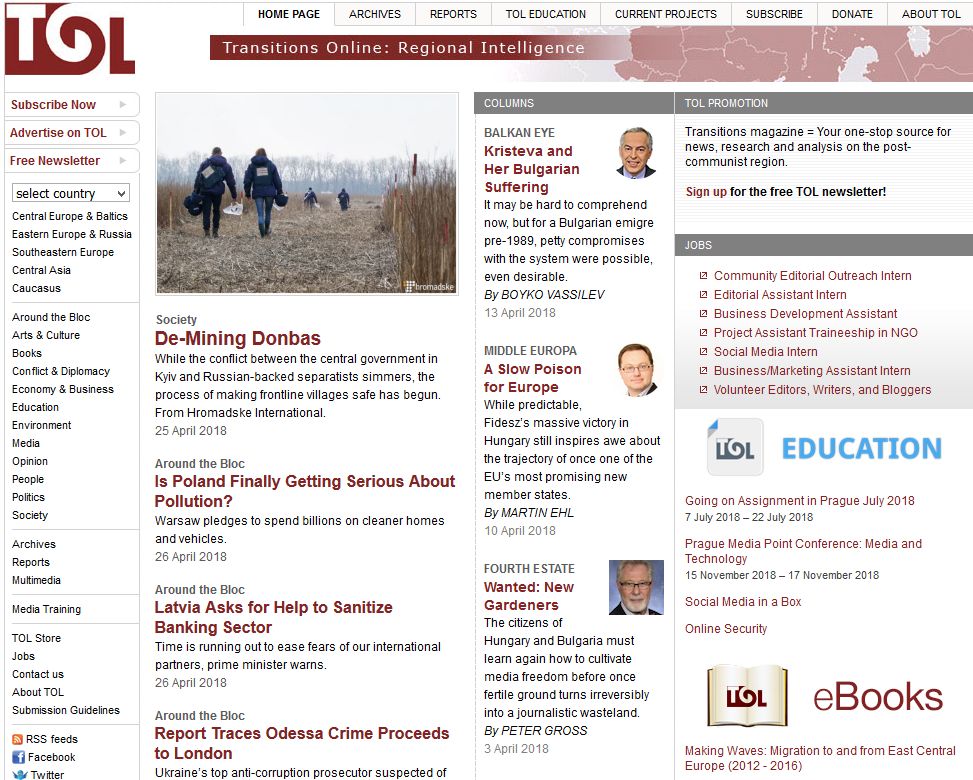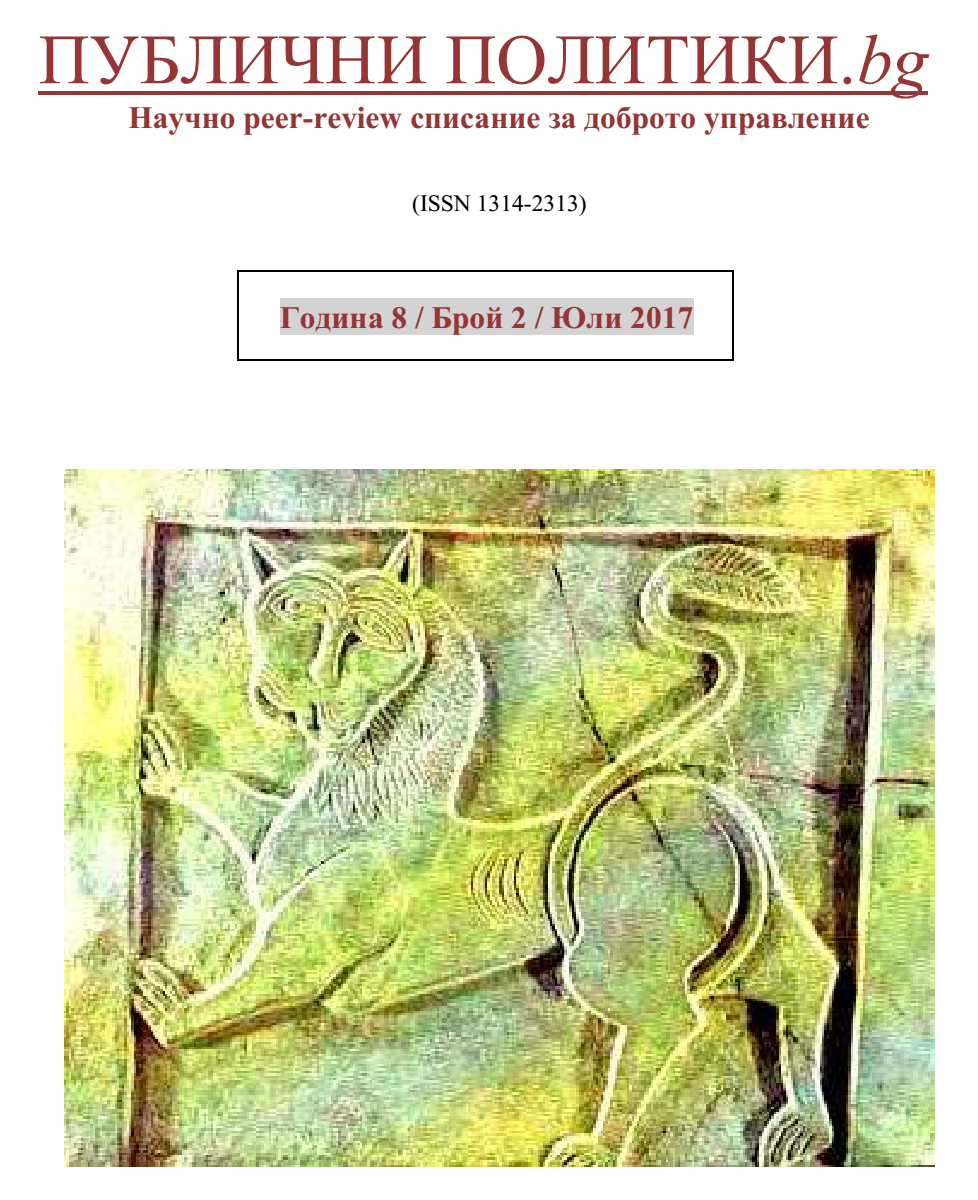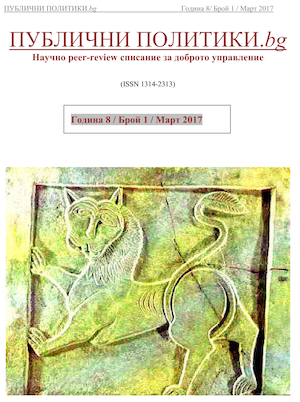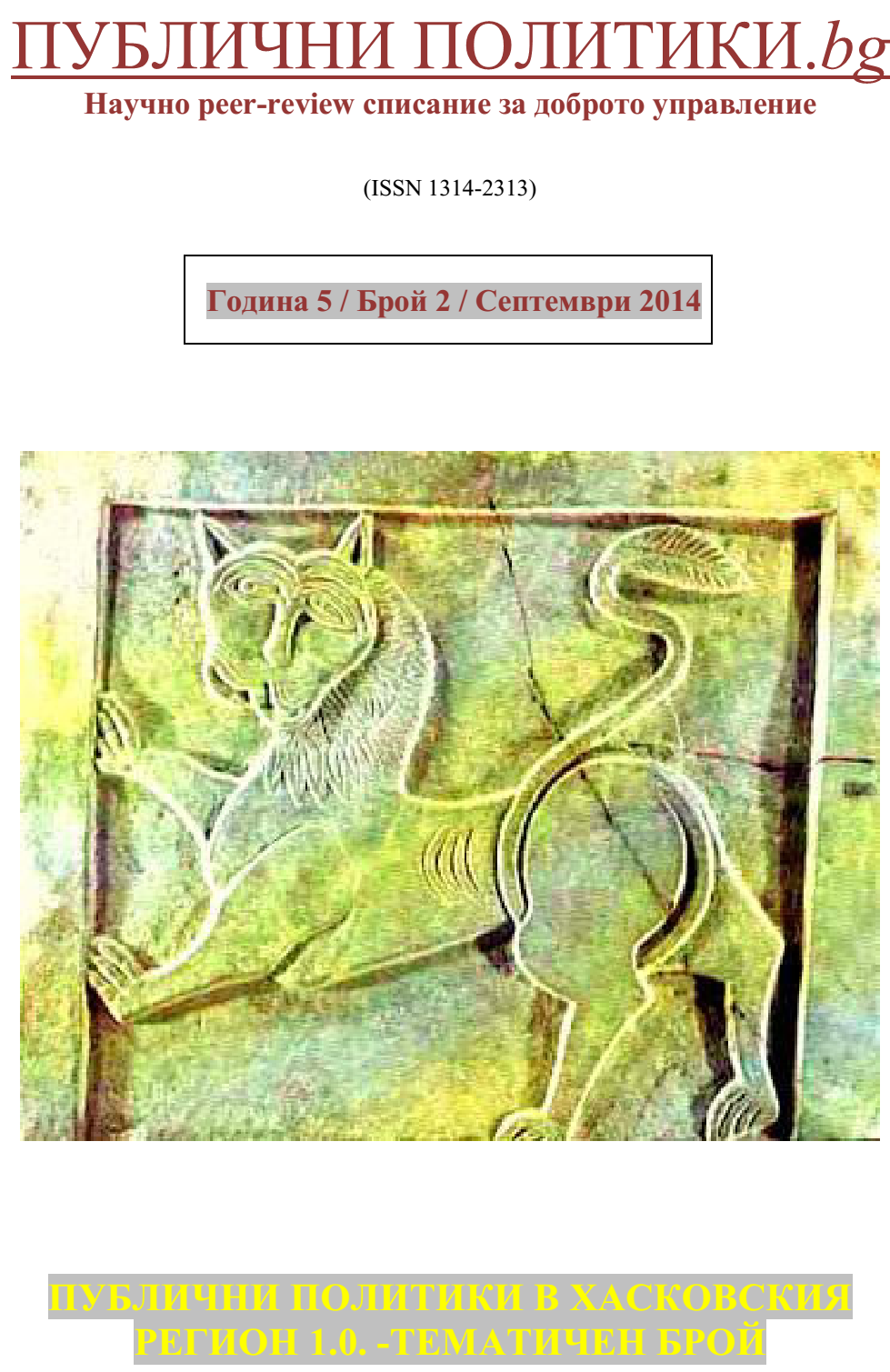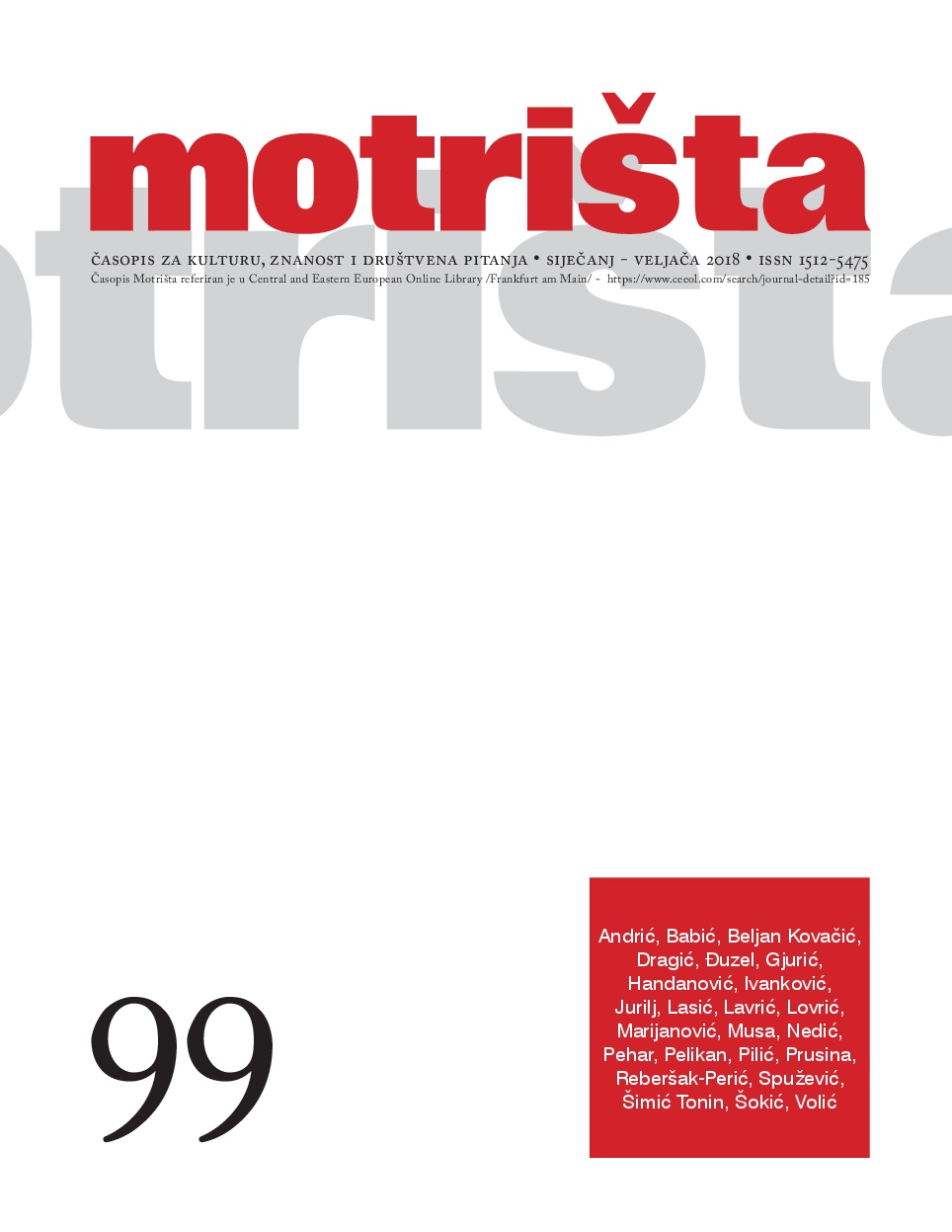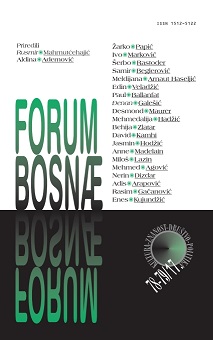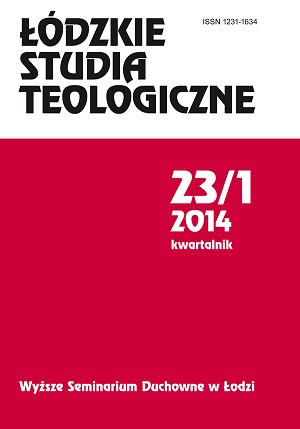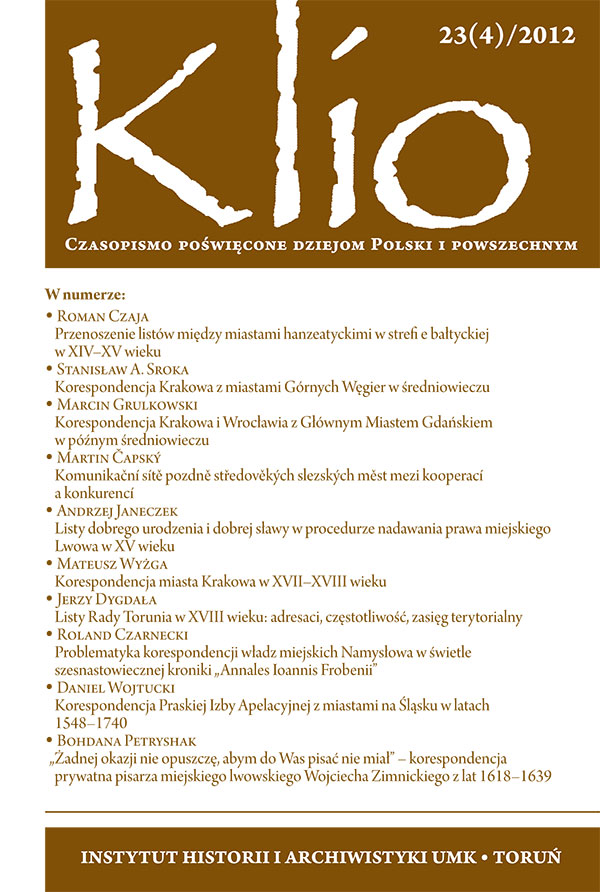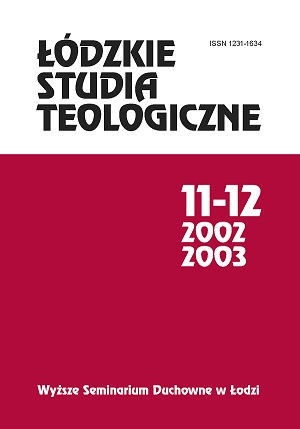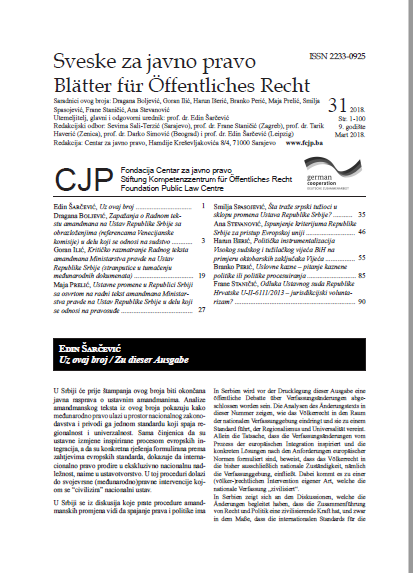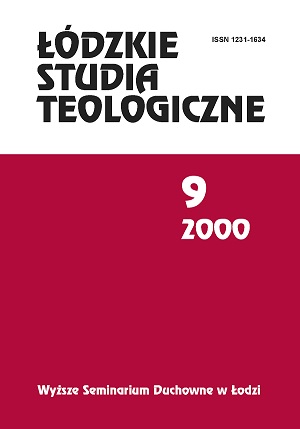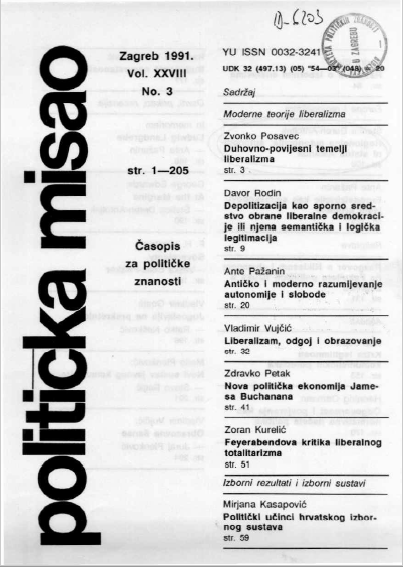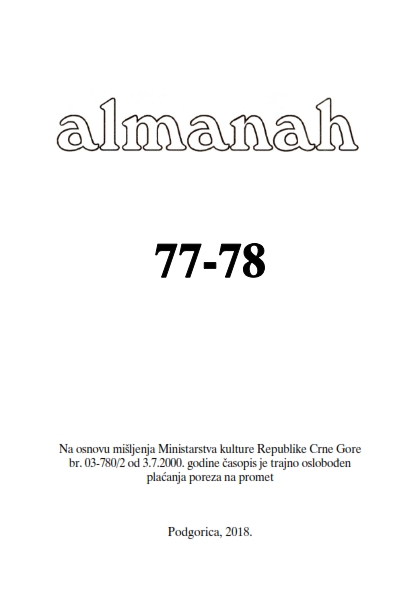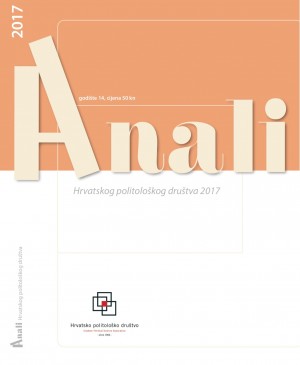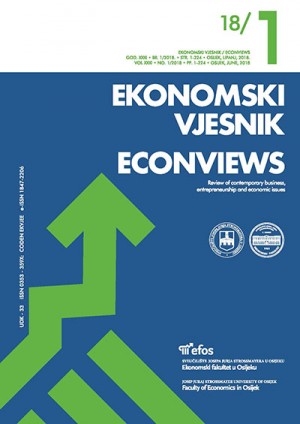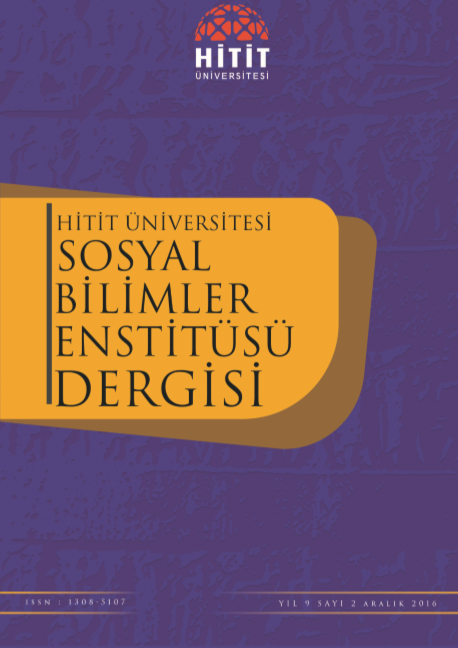
Sosyal Medya Kullanıcılarının Marka Farkındalık Düzeylerine Göre Sosyal Sorumluluk Proje Farkındalıkları Arasındaki Farklılıkların Belirlenmesi: Eti Kurumsal Sosyal Sorumluluk Projeleri Üzerine Bir Araştırma
For today’s costumers the quality of the product or service is not enough, besides that corporate image and brand image is considerable on consumer preferences. Because of that business develop vary marketing strategies for being permanent and getting in consumer mind. One of these strategy is social responsibility projects. The purpose of this studyis to determine the differences between social responsibility projects awarenes level according to the brand awareness level of social media users. For this purpose the perceptional differences caused by demografic factors were evaluated.The basic assumption of this research is that brand awereness level and social responsibility Project awereness level vary depend on demographics and communication media. After hypotesis were improved by using the purposes of and also the basic assumption of the research, they are analyzed by Independent Sample T Test, One Way ANOVA Parametric Test and Post- Hoc Test.Descriptive statistics are applied to organizethe data which are taken from the survey.
More...
